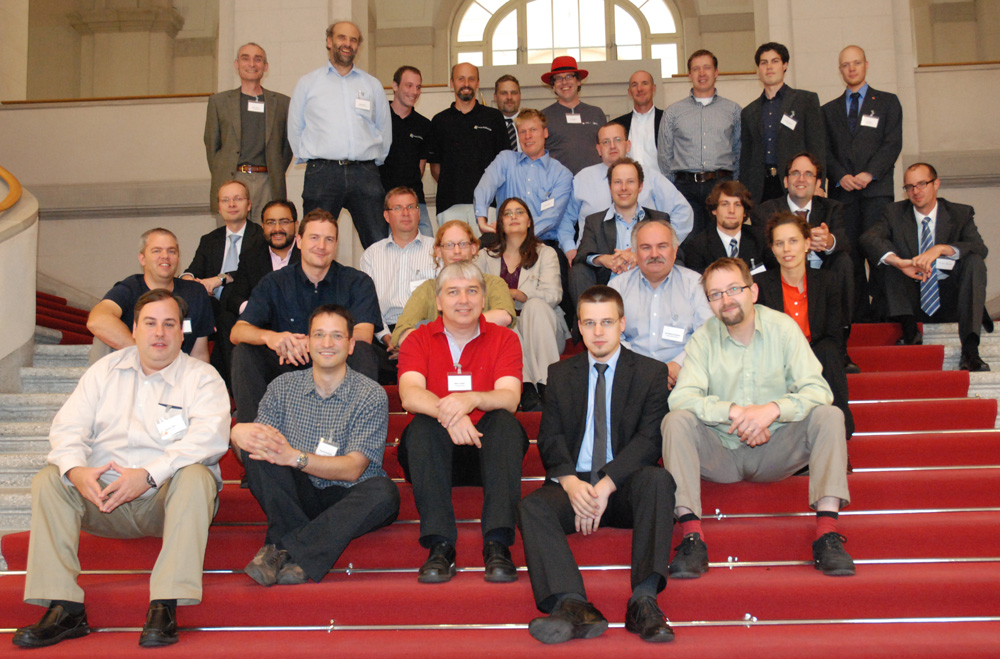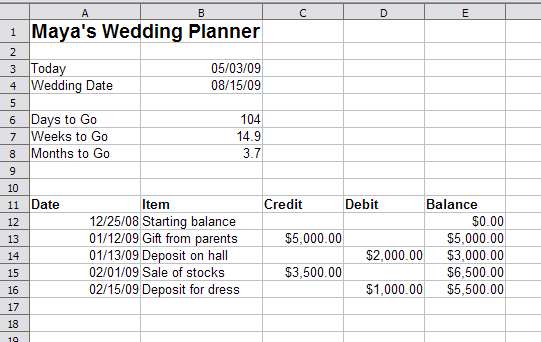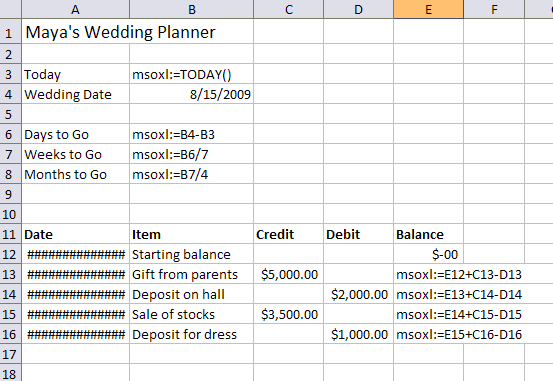
I attended the 6th ODF Plugfest took place in Berlin a few weeks ago, hosted by the German Federal Ministry of the Interior (BMI) and the Ministry of Economics and Technology (BMWi). It followed the pattern of previous events, a two-day event, with the first day dedicated to technical interop activities among implementors, followed by a day of public presentations. The full agenda is here.
(I’m the jet-lagged figure in the lower left of the above group photo taken on the first day of the Plugfest).
We tested a range of interoperability scenarios, including preservation of RDF metadata, conditional formatting in spreadsheets and advanced text layout scenarios (“hard cases”). There were also a variety of presentations, from vendors, academics and government. I’ve uploaded my presentations if you are interested. I’ll draw your attention as well to Ross Gardler’s talk on The Apache Way and OpenOffice.org. He covered a lot of good material. (A recording of the talk is also online)
Finally, it was also announced that the next ODF Plugfest will occur in the Netherlands, in Gouda, in November. And another one is anticipated in Brussels in March 2012.

